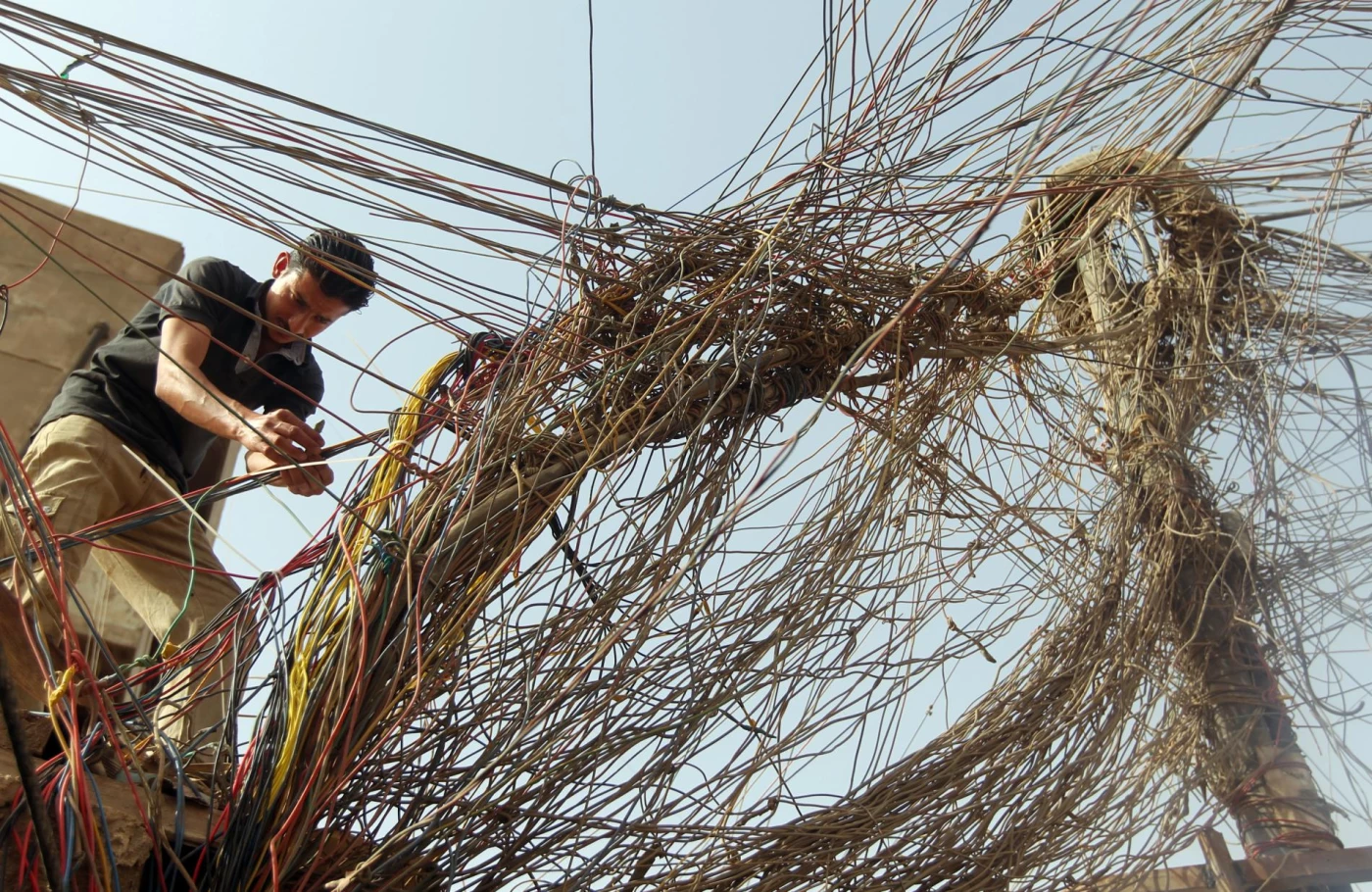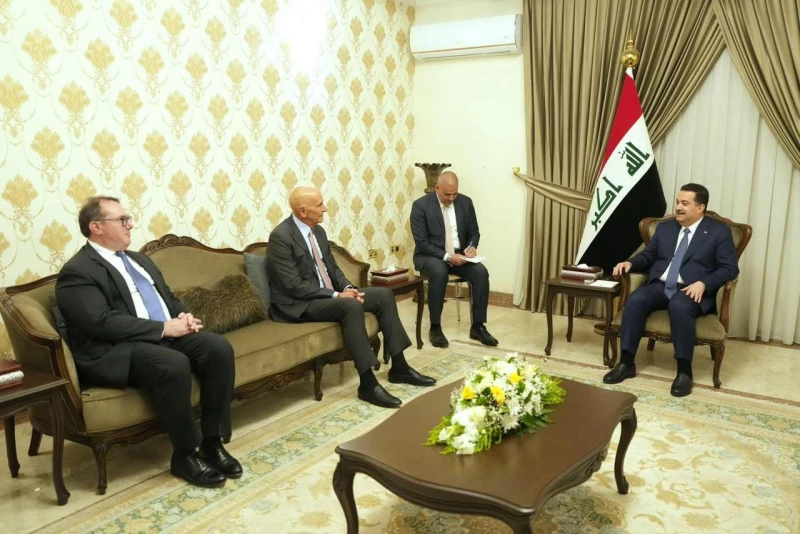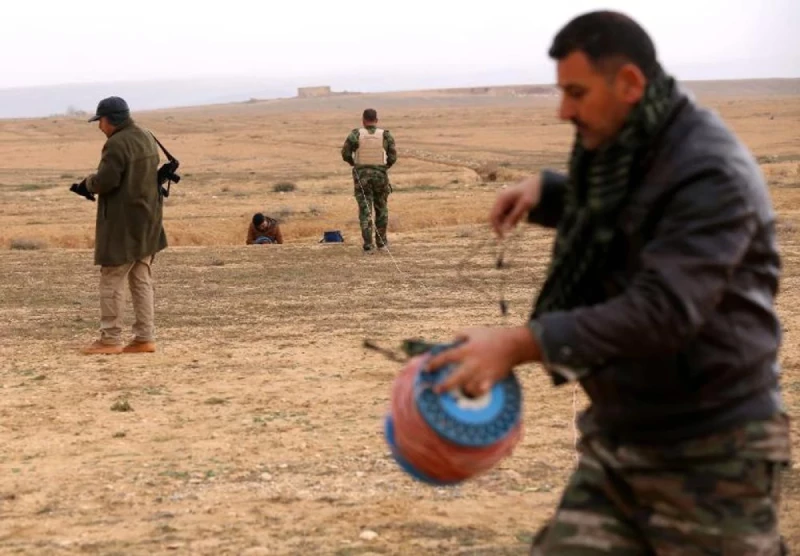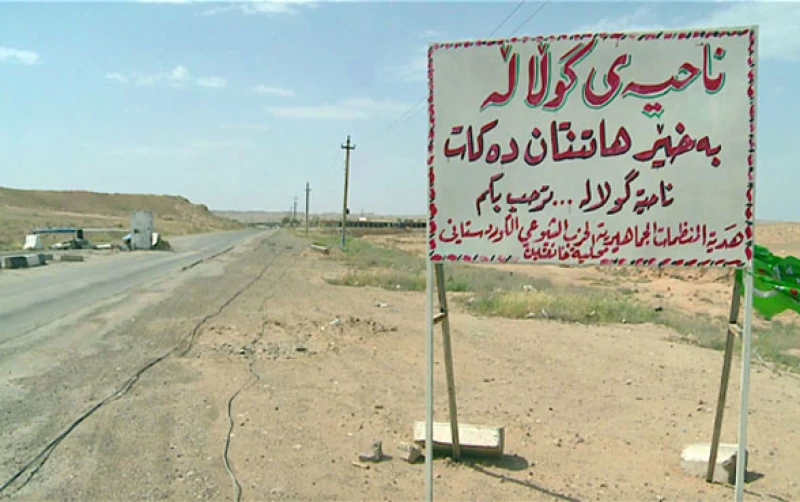The government in Baghdad on Tuesday announced record high electricity generation amid ongoing protests in the country as a result of electricity shortages.
Iraqi Electricity Minister Ziyad Ali Fadel said that generation has reached 27,320 megawatts, marking a record high.
The milestone reflects a 3,000 megawatt increase on the previous year.
Since last fall, the Ministry of Electricity has been implementing a plan to boost production, supported by Prime Minister Mohammed Shia' al-Sudani.
Despite a 7 million cubic foot daily gas shortage, the technical and engineering teams delivered the project, resulting in the increase, according to the minister.
Fadel stated that “the ministry is fulfilling its commitments to the government, parliament, and citizens. Recent efforts to upgrade distribution networks and install new stations aim to ensure a stable and sustainable power supply.”
He added that the ministry plans to continue developing strategic projects in generation, transmission,distribution, complete electrical interconnections with neighboring countries, and expand solar energy projects to enhance the reliability and stability of the power grid.
In the context of Iraq's recent record-high electricity production, it is essential to understand the broader issues the country has faced regarding electricity shortages and public dissatisfaction.
Protests and electricity shortages
Scores of Iraqis took to the streets over a week ago, protesting severe electricity shortages during the scorching summer heat. In cities like Diwaniyah and Nasiriyah, residents blocked streets and burned tires in response to worsening power supply hours and infrastructure failures.
Video footage shows protesters closing the provincial council building in #ThiQar after a 48-hour deadline for electricity improvements expired#TheNewRegion pic.twitter.com/tqw9M0zVde
— The New Region (@thenewregion) June 26, 2024
These demonstrations reflect widespread frustration with the government's inability to provide consistent electricity, particularly as high temperatures drive residents indoors.
In Diyala, protesters blocked major roads, highlighting not only electricity shortages but also broader issues of inadequate infrastructure and water supply.
Residents of the Jezan al-Shoul area in northern Diyala province protested against poor electricity, inadequate road services, and lack of water by blocking the #Baghdad - #Kirkuk road in Al-Khalis as part of their demonstration.#TheNewRegion pic.twitter.com/hzNVLoP6R7
— The New Region (@thenewregion) June 23, 2024
The protesters in front of the power generation station in Thi Qar have suspended their sit-in for two months starting Wednesday, following the intervention of tribal chiefs who negotiated with them regarding their demands to improve the electricity situation in the province.
Both parties agreed to give the government a two-month period to fulfill the protesters' demands, which include enhancing electricity services. The protesters say they will resume their sit-in if their demands are not met within these next two months.
These protests underscore a long-standing neglect in basic services, exacerbated by extreme summer conditions.
Government response and initiatives
In response to Prime Minister Mohammed Shia' Al-Sudani's directives, several initiatives have been launched to address these electricity issues.
The Minister of Electricity announced a campaign to alleviate congestion in the distribution sector, aiming to stabilize supply hours. This campaign includes modernizing transmission and distribution networks, with efforts ongoing despite current production stability at over 25,000 megawatts.
In al-Muthanna Province, 23 projects have been initiated to reduce electrical congestion, involving the installation of over 150 transformers. These efforts are part of a broader strategy to improve the electricity sector and increase supply hours.
Challenges and external dependencies
Despite possessing significant oil reserves, Iraq has struggled to develop its natural gas industry, relying heavily on imports from Iran to fuel power generation.
This dependency has led to frequent blackouts during peak summer months when Iran reduces gas exports for its own use.
Additionally, Iraq is a major contributor to global gas flaring, a practice that wastes potential gas resources and impacts the climate negatively.



 Facebook
Facebook
 LinkedIn
LinkedIn
 Telegram
Telegram
 X
X


